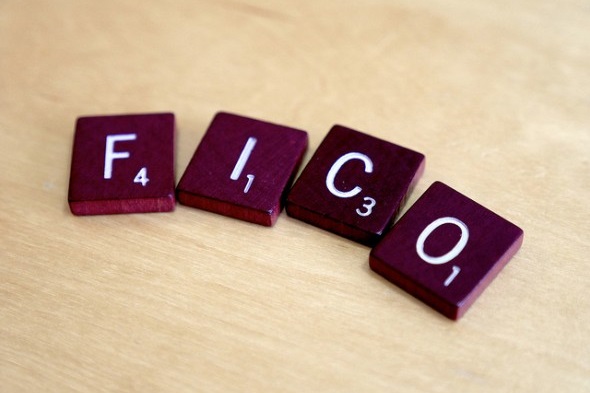If you’ve ever been denied for a credit card or loan, you know how important a good credit score is. The higher your score, the better the odds of getting approved and the less you’ll pay in interest on what you borrow. Late payments are usually the biggest score-killer but unpaid medical bills can do their fair share of damage. In an effort to make getting access to credit easier for certain borrowers, FICO has announced that it’s making some key changes to its scoring model.
What’s Different About the New FICO Scoring System?
Once a bill has gone unpaid for a certain period of time, it’s usually turned over to a collection agency. At this point, it shows up as a collection account on your credit and can stay on your report for up to seven years, even if you pay it off. This means that something relatively small, like a $200 dentist bill, has the potential to hurt to your score almost as much as filing bankruptcy.
Under the new system, accounts that have a collection status won’t be considered in calculating the score if there’s no balance owing. Unpaid medical bills that have been sold or assigned to a collection agency will also be given less weight. That’s good news for the 64 million Americans that have a medical collection account on their credit report, according to Experian.
Why Make the Change?
The changes to FICO’s scoring model are motivated largely by mounting criticism of how medical debt is treated for credit score calculation purposes. In May 2014, the Consumer Financial Protection Bureau released a report which claimed that millions of Americans were being unfairly penalized on their credit because of outstanding medical bills. Specifically, the report said that the existing scoring system underestimated consumers’ creditworthiness based on the fact that there’s no distinction between medical and nonmedical debt.
The new FICO 9 model is meant to help lenders better assess risk to make qualifying applicants for loans or lines of credit easier. It’s also designed to help minimize risk for sub-prime lenders who often deal with consumers whose credit scores are in the lower range. It’s expected that the change will boost lending, especially for people who’ve been unable to qualify for mortgage loans or lower interest rates based on their credit.
Will Your Score Go Up?
Whether or not you’ll see a significant jump in your credit score once the new system takes effect this fall really depends on your individual situation. According to FICO, if the only bad marks are on your credit are unpaid medical debts, you should see your score rise by about 25 points. If you have other collection accounts on your credit but they’ve all been paid in full or settled, you may likely see an even bigger increase. Folks who’ve already got a sterling credit history probably won’t see much of an impact.
What Else Can You Do to Help Your Credit?
The new FICO 9 won’t be rolling out until later this year but there are some things you can do in the meantime to maintain a healthy credit score. Paying your bills on time, minimizing the amount of new credit you apply for and getting rid of your debt are the best ways to add points to your score. Building good credit takes time but if you’re patient and keep a close eye on your finances you should start to see some positive results.
Photo Credit: LendingMemo.com
